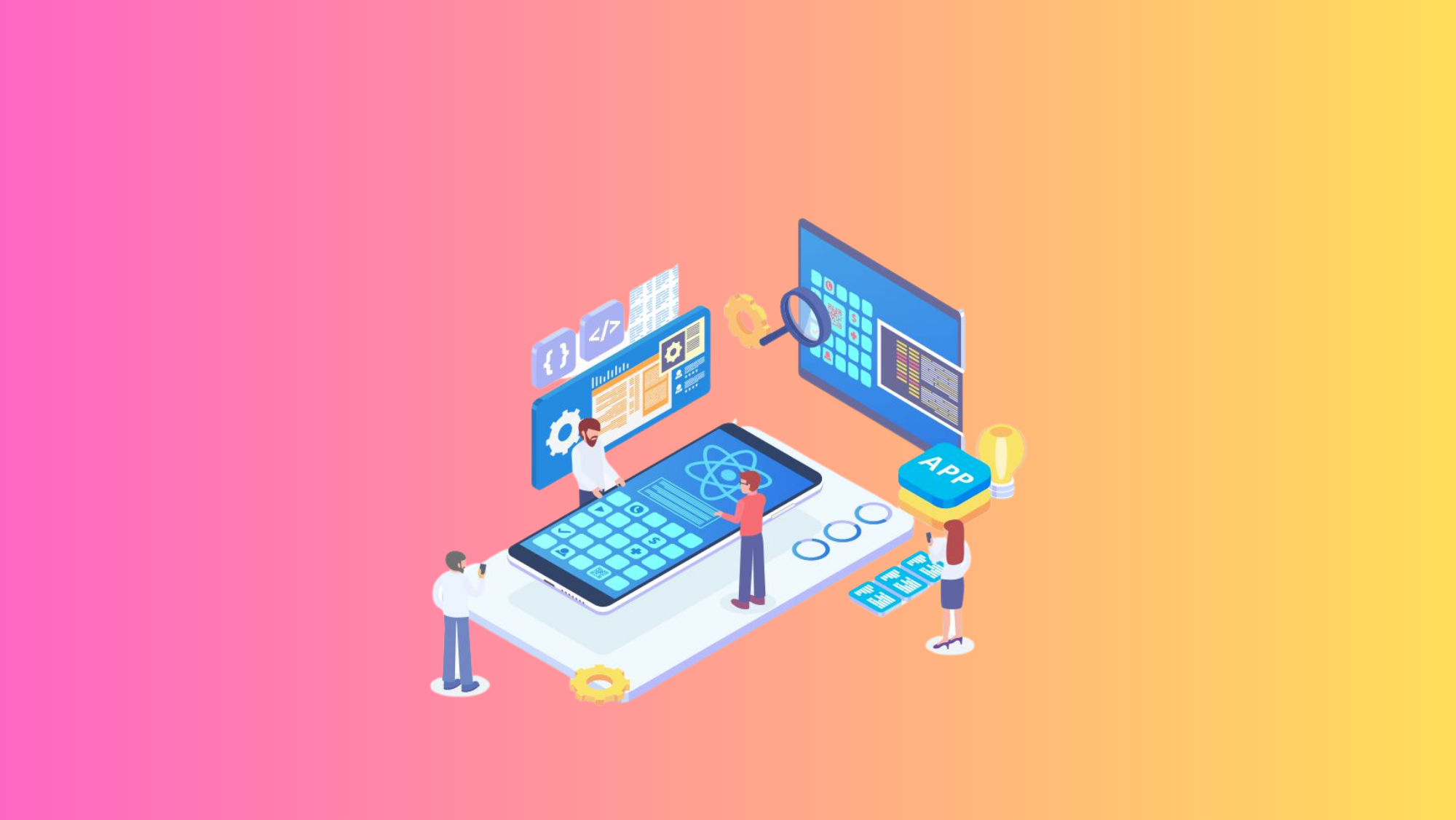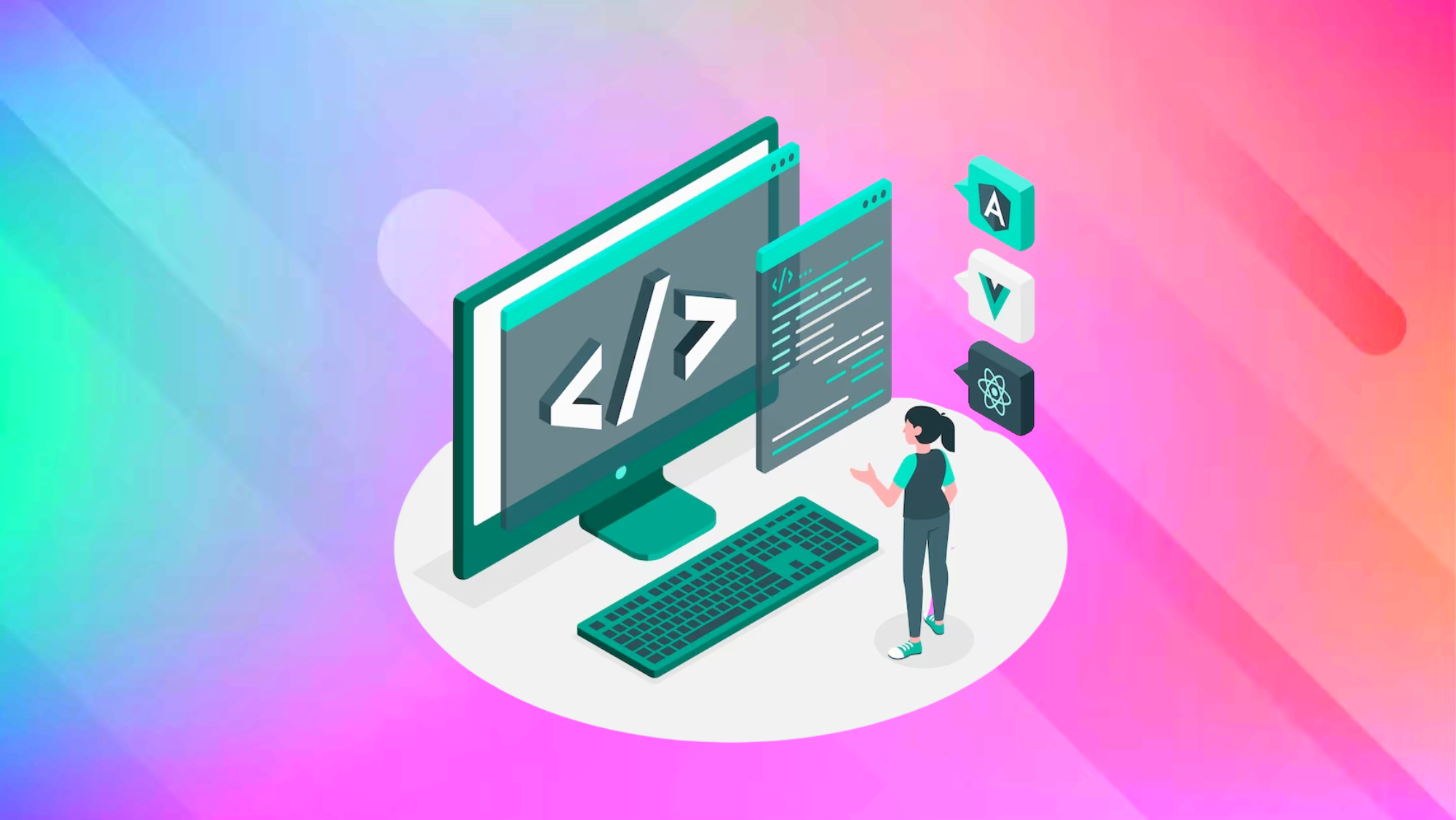10 Key Skills You'll Learn In Flutter Course
Introduction:
Flutter has emerged as a popular framework for cross-platform app development, offering a wide range of opportunities for developers. Whether you're a beginner or an experienced developer, Flutter training can help you acquire essential skills to excel in app development. In this blog, we will discuss the 10 key skills you can expect to learn during Flutter training.
1. Flutter Architecture:
Understanding Flutter's architecture is crucial for building robust and scalable apps. Flutter training introduces you to the widget-based architecture and the concept of a reactive UI, enabling you to structure your app's components efficiently.
2. Widget Development:
Widgets are the foundation of Flutter. Training programs cover various types of widgets and teach you how to create and customize them to design visually appealing and interactive user interfaces.
3. State Management:
Managing application state is essential for building dynamic apps. Flutter training equips you with different state management techniques, such as setState, BLoC (Business Logic Component), Provider, and Riverpod, enabling you to efficiently manage state changes in your app.
4. UI Design and Layout:
Creating visually appealing user interfaces is a critical aspect of app development. Flutter training teaches you how to design responsive layouts, utilize Flutter's built-in widgets, and implement custom designs to create stunning and user-friendly interfaces.
5. Handling User Input:
Interacting with users is a core requirement in any app. Flutter training covers various user input handling techniques, such as handling taps, gestures, text input, and form validation, ensuring a seamless user experience.
6. Navigation and Routing:
Understanding app navigation and routing is essential for creating multi-screen apps. Flutter training teaches you how to navigate between screens, implement navigation drawers, bottom navigation bars, and handle deep links efficiently.
7. Networking and Data Fetching:
Integrating APIs and fetching data from remote servers are common tasks in app development. Flutter training familiarizes you with networking libraries and teaches you how to make HTTP requests, handle responses, and parse JSON data.
8. Animation and Gestures:
Adding animations and gestures can greatly enhance the user experience. Flutter training guides you through the implementation of animations, transitions, and interactive gestures, allowing you to create visually engaging and interactive apps.
9. Testing and Debugging:
Quality assurance is crucial for delivering reliable apps. Flutter training introduces you to testing techniques and debugging tools, enabling you to write unit tests, conduct widget testing, and effectively debug your code to ensure app stability.
10. Deployment and Publishing:
Finally, Flutter training covers the process of deploying your app to different platforms. You will learn how to generate app bundles, build release versions, and publish your app to app stores such as Google Play Store and Apple App Store.
Conclusion:
Flutter training equips you with a comprehensive skill set to excel in cross-platform app development. From understanding the Flutter architecture to mastering UI design, state management, networking, and deployment, these skills are essential for building high-quality Flutter applications. By investing in Flutter training, you can enhance your expertise and unlock a world of possibilities in the vibrant app development industry.
You May Also Like
These Related Stories

7 key skills you'll learn in React Native Course

Accelerate Your Career with Python Training: Learn in-demand Skills for Today's Job Market
.png)


No Comments Yet
Let us know what you think